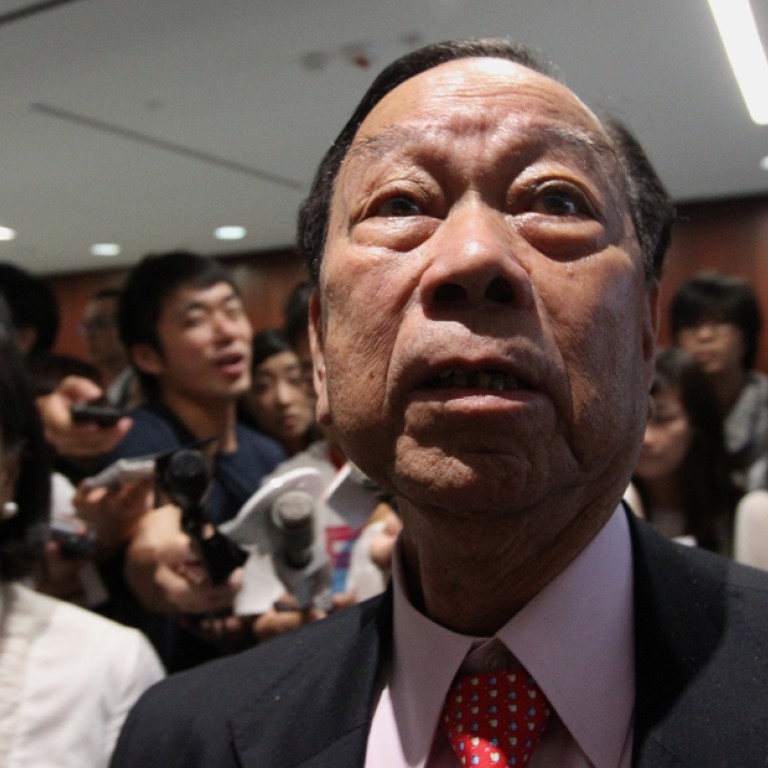
Rural strongman has his own ideas for landfill site
The Environmental Protection Department has commissioned a study into the generation, recycling and disposal of plastic waste, trying to probe irregularities in the rate of waste recycling.
The Environmental Protection Department has commissioned a study into the generation, recycling and disposal of plastic waste, trying to probe irregularities in the rate of waste recycling.
The study was revealed yesterday after a media report that cast doubt over the accuracy of recycling rate. The doubt originated in the inclusion by the EPD of exports of imported plastic waste that is recycled in the city.
The department last night rejected claims in the report that the recycling rate was misleading. It said the inclusion of export figures was common practice.
"The method is in line with international practices," a spokesman said.
The spokesman also said calculation of the overall recycling rate was based on data collected from waste reception facilities, data submitted by local recyclers, export figures for recovered waste and information from inspections of local recyclers.
The EPD said 840,000 tonnes of plastic waste was recovered and recycled in 2011, down 47 per cent from 2010. During the same period, solid waste recycling also fell from 52 per cent to 48 per cent. The EPD said it noted the "unusual fluctuation".
A source familiar with the situation said that might have arisen from a lack of rigour in the declaration system for waste imports and exports of plastic waste.
"There is currently not a sound system and most of the data is dependent on recyclers," the source said.
There is currently not a sound system and most of the data is dependent on recyclers
They said the study was launched early this year to find out if there were flaws in the system and to identify how to revamp the declaration system. The study is expected to be complete by year's end and the results will be made public.
Meanwhile, before the fate of the Tuen Mun landfill has even been decided, Heung Yee Kuk chairman Lau Wong-fat has some suggestions for its next incarnation. Lau, who wants the government to withdraw its controversial expansion plan for the site, said yesterday that residents should have something to look forward to "when it is closed".
He asked: "Should it become a park, or should they build a swimming pool or a football pitch there?"
